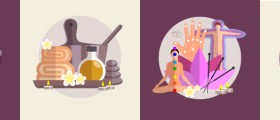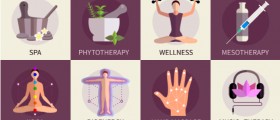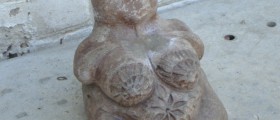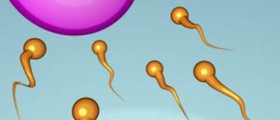
All over the world women use complementary and alternative medicine for fertility problems, the problem is there is only a limited number of studies report on complementary and alternative medicine use to enhance fertility. Turkey is one of the pioneers where a group of researchers investigated traditional and religious forms of therapies that are used in relation to conventional medicine in Turkey. They investigated the prevalence and types of complementary and alternative medicine that is used by infertile Turkish women to treat their fertility problems. A method of research that was used was a face-to-face questionnaire. Questionnaire was inquiring demographic information (age, marital status etc.) and types of complementary and alternative medicine used for fertility enhancement. Questionnaires were completed by hundred infertility patients. All these patients were admitted to a primary care family planning centre in Van, Turkey between January and July last year (2009).
The results were from my point of view shocking. I was not very surprised by the fact that vast majority of women had used complementary and alternative medicine at least once to boost fertility. These treatments included religious interventions, herbal products and recommendations of traditional "hodja's" (faith healers). As I assumed, woman is prepared to do anything to give birth to a healthy child. What is shocking to me is the following: almost 90% of these women were abused by their faith healers and almost 40% of them did not feel supported by their partners. Additionally, 80% of women had never spoken with their physician about complementary and alternative medicine. I think Turkish women should be more open about the problem and should discuss it with their doctors and partners. Infertile women are in great need of being more informed about complementary and alternative medicine and should be aware that treatments that include religious interventions and herbal products and recommendations of traditional "hodja's" are not the only option complementary and alternative medicine can offer.

















Your thoughts on this
Loading...